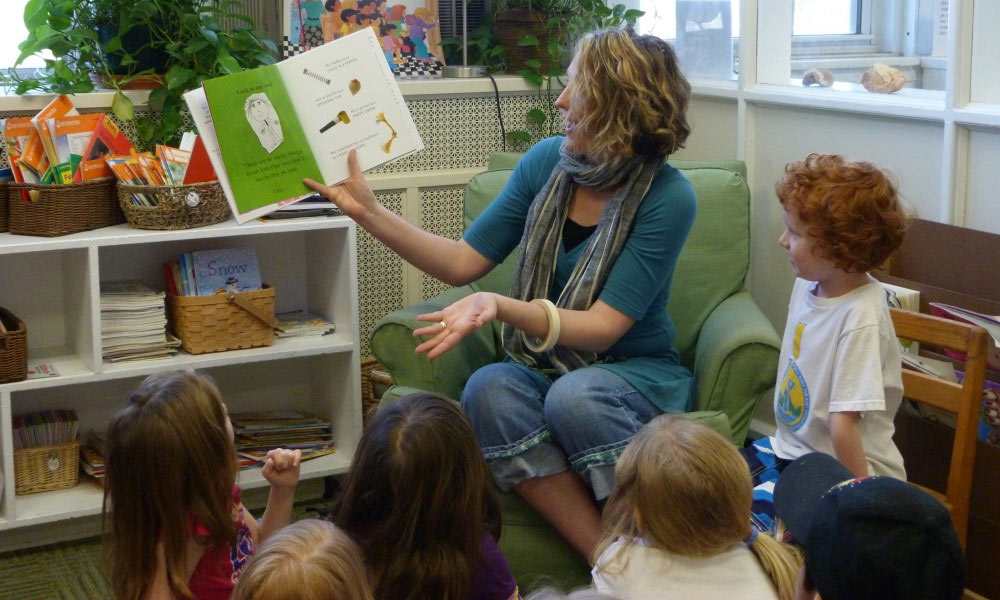 Wow. I am looking out at a true blizzard, snow blowing and whirling in the wind, wildly waving trees, the sound of fierce wind turning the corners of our house and whipping over the stone walls. Inside it is warm, the fire flickers, the one we usually do not light during the day. Today is the day to do whatever makes the house warm and cozy.
Wow. I am looking out at a true blizzard, snow blowing and whirling in the wind, wildly waving trees, the sound of fierce wind turning the corners of our house and whipping over the stone walls. Inside it is warm, the fire flickers, the one we usually do not light during the day. Today is the day to do whatever makes the house warm and cozy.
Friends have been giving me winter inspiration now for a few weeks. Our illustrator friend, Penny Dullaghan (who designed our new website), wrote a blog post about about the Danish concept and word Hygge (pronounced ‘hooga’ or ‘hyooga’). She says…”it is hard to translate but basically means…coziness, togetherness, well-being, warm tucked under blankets, candles lit, good conversation, snuggled up and happy” all in the middle of winter. I love that idea! Looking for and creating the wonderful things that are available during this time of year.
Speaking of that, we have been in Vermont for a few weeks and have been spellbound by the winter wonderland on walks and cross country ski expeditions. The soft snow perfectly balanced on tree branches and twigs, the intense blue sky, the crunch of dry snow underfoot.
I have been taking another oil painting class this month and how delightful to immerse myself in color surrounded by young, enthusiastic college student painters whose boldness has rubbed off on me.
And then, I want to go after color and compose it and smell it and taste it inside while outside is all white, brown and gray.
Lastly for this post, another dear friend gave me a Mary Oliver poem all about snow that seems perfect for today.
May your winter be filled with Hygge and your shoulders covered with stars.
"Walking Home from Oak-Head" by Mary Oliver
There is something about the snow-laden sky in winter in the late afternoon
that brings to the heart elation and the lovely meaninglessness of time. Whenever I get home - whenever -
somebody loves me there. Meanwhile I stand in the same dark peace as any pine tree,
or wander on slowly like the still unhurried wind, waiting, as for a gift,
for the snow to begin which it does at first casually, then, irrepressibly.
Wherever else I live - in music, in words, in the fires of the heart, I abide just as deeply
in this nameless, indivisible place, this world, which is falling apart now, which is white and wild,
which is faithful beyond all our expressions of faith, our deepest prayers. Don’t worry, sooner or later I’ll be home. Red-cheeked from the roused wind,
I’ll stand in the doorway stamping my boots and slapping my hands, my shoulders covered with stars.






